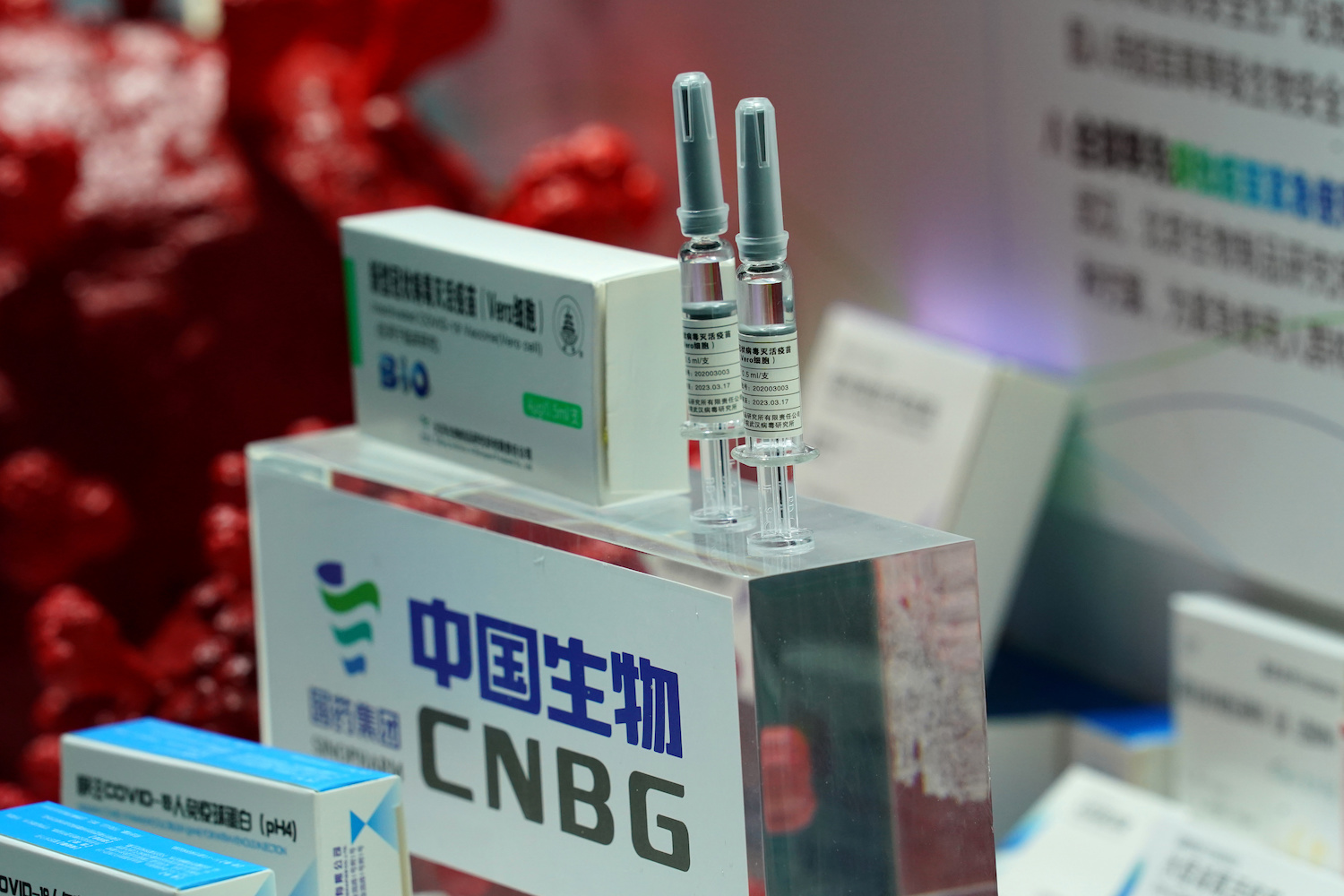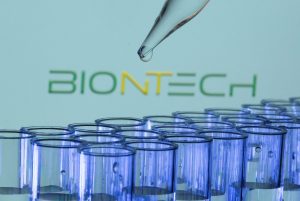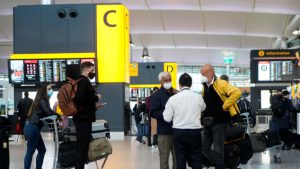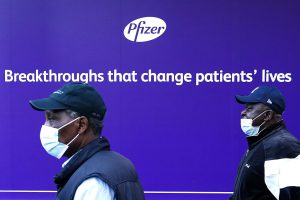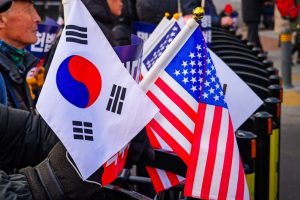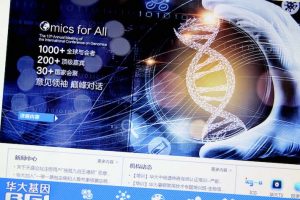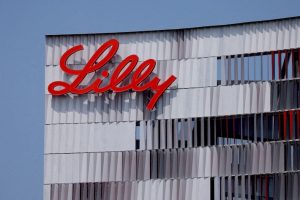(ATF) Chinese vaccine stocks have plunged for two days straight this week after Brazil suspended a vaccine trial when a participant died.
Shortly after BioNTech and Pfizer announced their Covid-19 vaccine success, Brazilian health regulator Anvisa announced late on Monday that it was suspending a clinical trial of CoronaVac, developed by China’s Sinovac Biotech, after a “severe adverse incident” on October 29 involving a volunteer in the study.
Butantan Institute, the centre coordinating the trial in Brazil, told Brazilian media that a study volunteer had died, though the death was not linked to ongoing trials. The Institute said it is surprised at Anvisa’s decision.
Impacted by the news, Wind’s vaccine stock index dipped 1% on Tuesday, and 11 out of 14 vaccine companies on the A-share market plunged.
In stark contrast, Fosun Pharma, one of the global R&D partners of Pfizer and BioNTech’s Covid-19 vaccine, rose to the daily limit of 10% on the A-share market and 14.2% on Hong Kong Stock Exchange.
The aftermath of the news continued on Wednesday and took the index down by 3.2%. Fosun Pharma was the only company with a slight 0.25% increase at market close, while the other 13 companies all went down. Chongqing-based vaccine maker Zhifei Biological Products and Tianjin-based Cansino Biologics recorded the largest decreases of 8.6% and 5.9% respectively.
Fosun Pharma benefits
BioNTech and Pfizer announced late on Monday that their mRNA-based vaccine candidate BNT162b2 has proven to be more than 90% effective in preventing Covid-19 infections, based on a global phase-three study on more than 43,500 participants that began in late July.
Praising the work done by BioNTech and Pfizer, Guo Guangchang, the billionaire chairman of majority shareholder Fosun International, said on his microblog that Fosun Pharma was working with regulators to speed up clinical work in China to pave the way for its sale upon approval.
Fosun Pharma company agreed in March to pay BioNTech a licensing fee of up to US$85 million, besides sales royalties of 35% from any future annual gross profit from sales in mainland China, Hong Kong, Taiwan and Macau. It also agreed to buy $50 million worth of BioNTech shares, which have more than tripled in value since then.
Our vaccine is safe, Sinovac says
Responding to media reports about the suspension of its vaccine trials in Brazil, Sinovac said in a statement on Tuesday that it had been in touch with Butantan, and learned that its director, Dimas Covas “believed that this serious adverse event is not related to the vaccine.”
The Chinese company remains in contact with Brazil and reiterated that it is “confident in the safety of the vaccine.”
Sinovac announced a partnership with Butantan in Brazil in July to recruit about 9,000 volunteers in six Brazilian states for Phase-3 clinical trials of CoronaVac.
In September, Sao Paulo state reached a $90 million deal with Sinovac to buy 46 million doses of CoronaVac – six million produced in China and the rest produced in Sao Paulo, which broke ground last week on a factory to make the vaccine domestically.
Vaccine politics
CoronaVac has been caught up in a messy political battle in Brazil, the second hardest-hit by the pandemic with more than 160,000 deaths, where its most visible backer has been Sao Paulo Governor Joao Doria, who is a leading opponent of the president.
President Jair Bolsonaro has thrown his support behind another vaccine, developed by Oxford University in Britain and the British-Swedish pharmaceutical firm AstraZeneca.
Bolsonaro and Doria have also sparred over whether vaccination should be mandatory. The president, who has railed against CoronaVac as “Joao Doria’s Chinese vaccine” and blocked the federal government from purchasing it, claimed the regulatory decision as vindication.
The Sinovac and AstraZeneca vaccines are both in Phase-3 trials, the final stage before regulatory approval.
Last month, Anvisa announced that a volunteer in Brazil’s trial of AstraZeneca’s experimental coronavirus vaccine died, but organizers said there was no reason to stop the trial because the death was not linked to the vaccine.
China pushing vaccine as ‘soft power’ success
China’s vaccine was developed in almost the same way as the “Oxford vaccine” in the UK, using virus enhancement techniques to create an inert but powerful antibody response, which if used with a second booster shot could offer several years of immunity, even against mutant strains, according to Chinese scientists.
Preliminary remarks from Chinese officials suggest they will sell doses at home for $90 – but just $4 abroad. So, it is clear they hope to turn this vaccine into something of an international “soft power” success.
The National Health Commission has stated that China’s vaccine production capacity could reach 610 million doses by the end of this year.
Western experts have been very sceptical about the Chinese vaccine, due to transparency issues. But China appears confident it has hit the mark.
Chinese health authorities claim they have conducted biosafety inspections at all the vaccine production workshops that have been built, and say these sites will be inspected by qualified personnel.
But China has still not agreed to inspections by international experts such as the Centers for Disease Control & Prevention in the US.
With reporting from AFP




